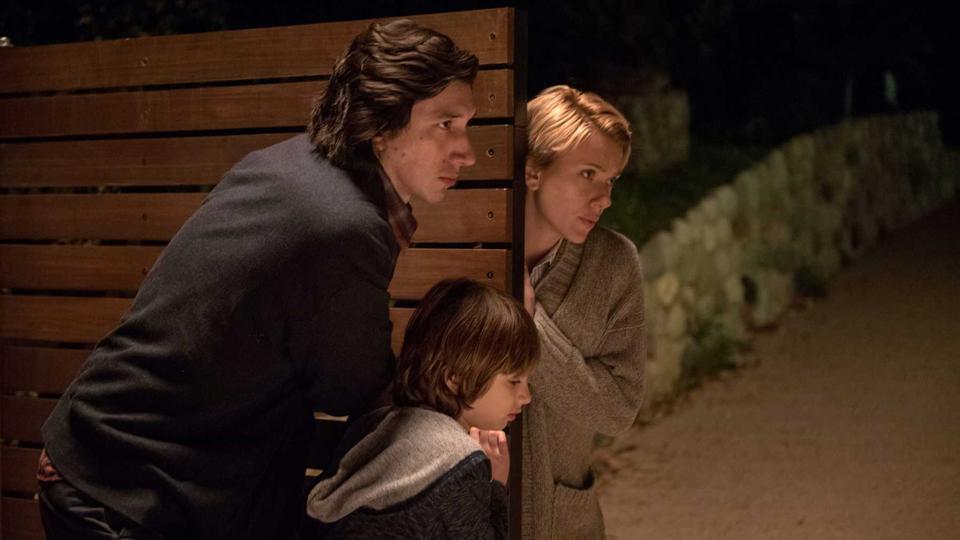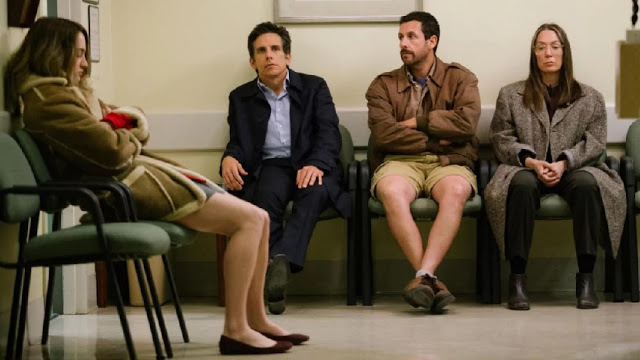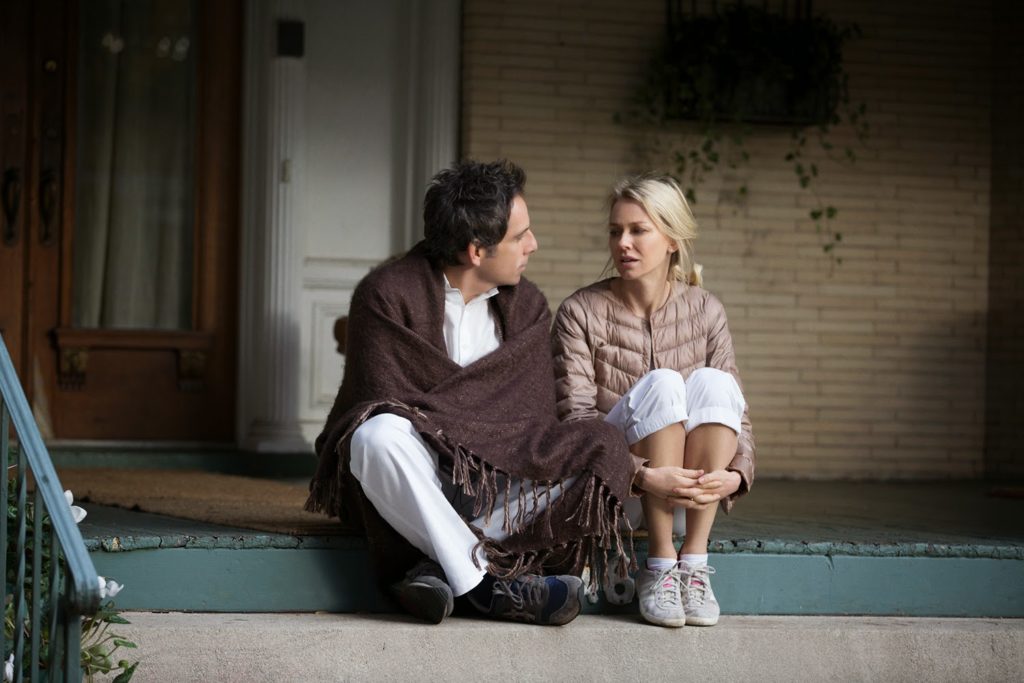Marriage Story: Till Life and Lawyers Do Us Part

Marriage Story opens with a pair of sweet, complementary monologues. First, Charlie (Adam Driver) tells us what he loves about his wife, Nicole (Scarlett Johansson), who then follows with a parallel recitation of what she admires about her husband. Both ruminations are full of affectionate detail and cute peccadilloes: how she leaves cabinets open, how he devours food, how they both play Monopoly like cutthroats. They’re the kind of quotidian observations that can only be amassed through the act of sharing a life, and they’re redolent with warmth and appreciation. Which makes it all the more shocking when these adoring speeches are revealed to be exercises suggested by a mediator, therapeutic assignments designed to mitigate the inevitable pain of their looming divorce.
Well, maybe not shocking, given who’s behind the camera. Even if you have no knowledge of the plot of Marriage Story—which chronicles the life cycle of Nicole and Charlie’s separation over 137 excruciating, beautiful minutes— so long as you’re aware that it was written and directed by Noah Baumbach, you’ll hardly be surprised by this sudden swerve into gloom. America’s poet laureate of marital and familial discord, Baumbach has devoted his career to exploring relationships—not just between couples, but also between parents and children, siblings, and friends—with a tricky combination of brutal honesty and wry comedy. Marriage Story is no exception; this is a film of lacerating insight and raw emotion. But it is also perhaps his most tender, least showy work (though Frances Ha may want a word). As ever, Baumbach refuses to sentimentalize his characters, but here he regards them with unprecedented empathy. In examining how two people break apart, he creates a sensation of togetherness. Read More


